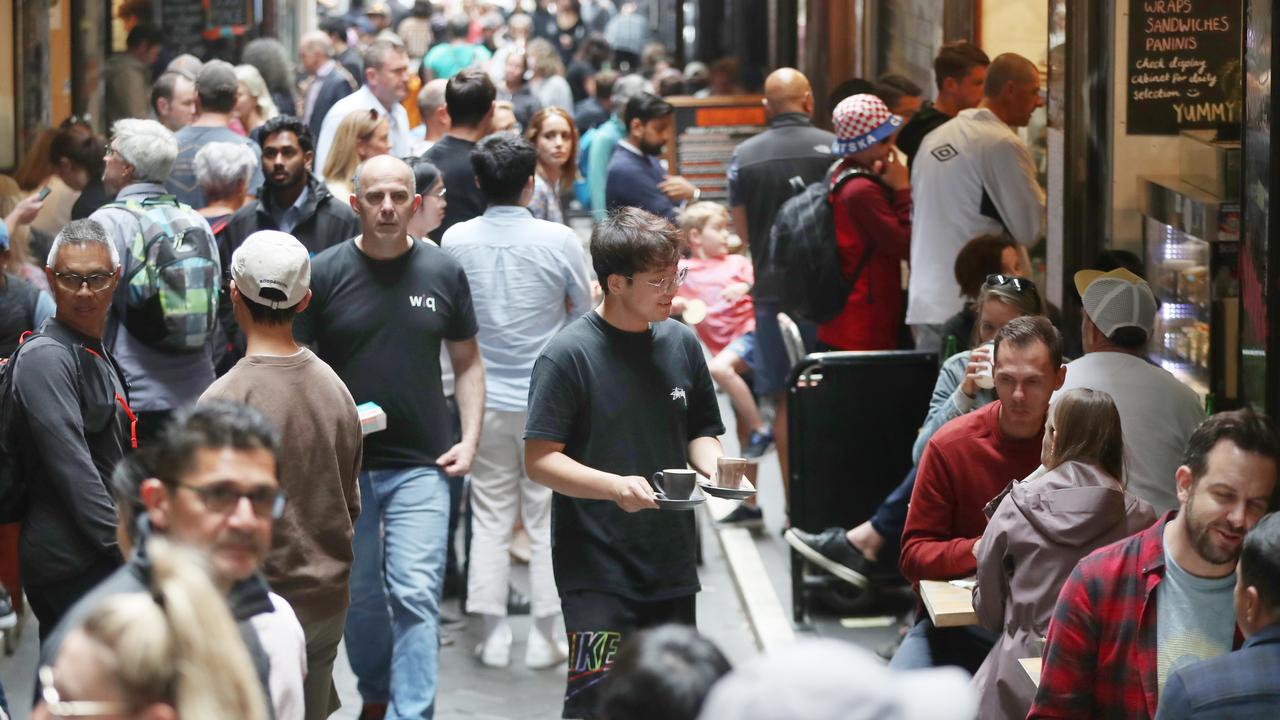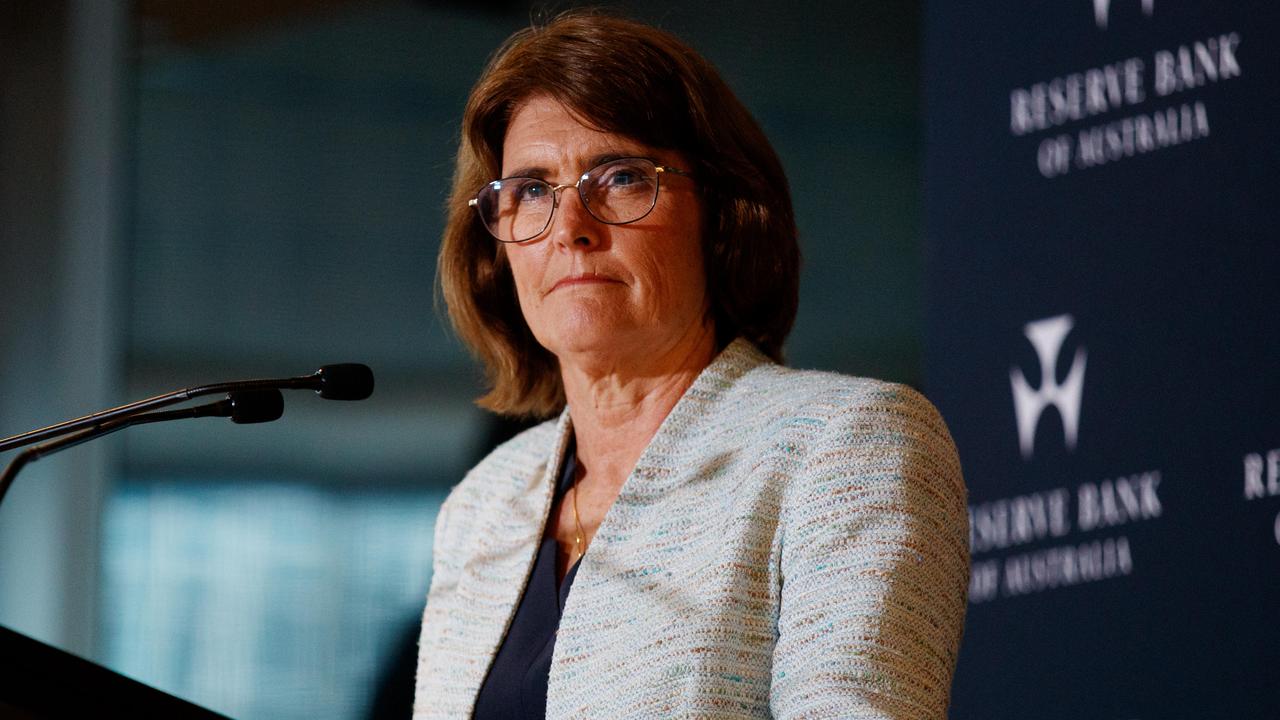Reason Australians are the unluckiest homeowners in the world
The International Monetary Fund (IMF) has declared that Australians are the worst off homeowners in the world for one simple reason.

Interest Rates
Don't miss out on the headlines from Interest Rates. Followed categories will be added to My News.
The UN’s financial agency has confirmed what long-suffering Australian homeowners have been feeling over months of steep rate rises.
In research released earlier this month, the International Monetary Fund (IMF) declared Aussies the worst-off homeowners in the world due to interest rate pain.
The simple reason is that most Australians are on variable rate mortgages and are therefore directly affected a few days after the RBA hike interest rates.
This is not the norm in the US where people can fix their mortgages for 30 years, or France where people can fix for 25 years, usually the entire term of their mortgage.
In Germany it is common to fix your mortgage rate for 10 years.

Even in the UK, homeowners are able to fix their rate for five years or at the very least two years.
It means that despite central banks hiking rates, many homeowners across the world have remained unaffected as they fixed their mortgages before the current interest rates went up.
However, in Australia, while fixed rate mortgages are available from many lenders generally up to five years, 80 per cent of homeowners are on variable rates.
Aussies are also lumbered with screamingly high home loans as despite the poor economic outlook, house prices have continued to soar due to immigration and short housing supply.
The IMF said that countries like Australia and Japan, which also has a low proportion of fixed mortgages, are especially susceptible to changes in monetary policy.
“Countries such as Australia and Japan appear to have stronger housing channels of monetary policy transmission, with low shares of fixed-rate mortgages, less-restrictive (loan to value) limits, high household debt (only to some extent Japan), and a somewhat elevated proportion of the population living in housing-supply-restricted areas,” researchers wrote in the IMF’s latest World Economic Outlook report.

Is the RBA being too hard on Aussies?
The RBA have argued that interest rate increases have been no worse in Australia than overseas.
However the IMF say that Aussies really do feel the pinch worse than in other countries where in some cases interest rates are higher.
The organisation said the RBA should monitor economic condition so as not to inflict more pain than necessary on homeowners.
Currently the cash rate in Australia is 4.35 per cent after the RBA increased it 13 times to tame inflation.

This has caused untold pressure on households, with many people taking out loans in the pandemic when interest rates were 0.1 per cent.
Some economists have predicted that the RBA will cut interest rates in November, others say it will be next year.
However a handful say the RBA could increase rates again as inflation is predicted to be around 3.4 per cent, well above their target of two per cent.
RBA governor Michele Bullock left interest rates on hold in March but said the bank was not “ruling anything in or out”.
House prices continue to rise
National house prices hit a record high for the fifth consecutive month in March, according to data compiled by CoreLogic.
House prices rose by an average of 0.6 per cent with the median home now worth $772,730.
“Demand has been quite resilient in the face of very high interest rates, high cost-of-living pressures, affordability challenges and very low (consumer) sentiment,” said CoreLogic research director Tim Lawless.
Sydney remains the most expensive capital city, but Perth, Adelaide and Brisbane have also hit record levels after soaring increases.
The only city not to record an increase in house prices in the March quarter was Melbourne.
More Coverage
Originally published as Reason Australians are the unluckiest homeowners in the world



